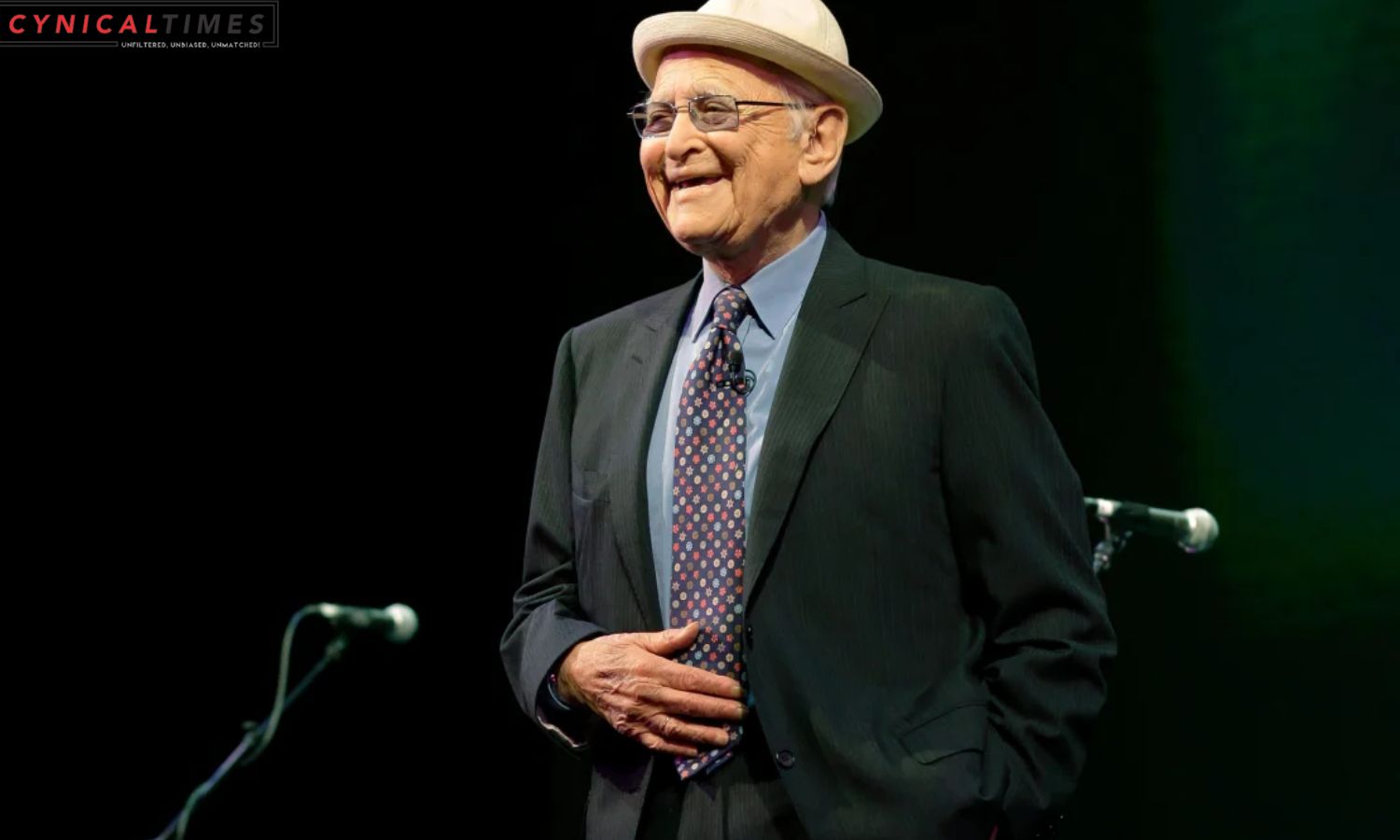Norman Lear and Comedy Icons Defy Time: Norman Lear, renowned for his groundbreaking contributions to television with iconic shows like “All in the Family,” “Maude,” and “Good Times,” passed away at the age of 101. Lear’s remarkable longevity, along with his fellow nonagenarians and centenarians in the comedy world, raises questions about the role of humor and purpose in extending life.
In 2017, at a screening of the HBO documentary “If You’re Not in the Obit, Eat Breakfast,” Lear, along with other legends like Carl Reiner, Mel Brooks, and Dick Van Dyke, was credited with the power of laughter for prolonging his life. While the scientific evidence supporting this claim might be debatable, the collective vitality of these comedy greats serves as a compelling testament to the potential benefits of finding joy in life.
Lear’s level of activity, even in his later years, was remarkable. He continued to work, producing a reboot of “One Day at a Time” and participating in updates of his classic episodes for ABC’s “Live in Front of a Studio Audience” with Jimmy Kimmel. His work extended beyond entertainment, with Lear being a tireless advocate for progressive political causes. He founded the group People for the American Way and supported the Norman Lear Center, a research and public policy center at the University of Southern California.
Also Read: Meryl Streep Comedy Triumph: The Unlikely Journey of Miranda Priestly
Beyond the entertainment industry, Lear’s commitment to social causes and his purchase of an original copy of the Declaration of Independence demonstrated a broader sense of purpose. This multifaceted approach to life, combining creativity, laughter, and a dedication to societal betterment, reflects a holistic perspective that goes beyond mere chronological age.
In numerous interviews, Lear emphasized the importance of laughter in the quest for longevity. Describing the experience of listening to an audience laugh as a “spiritual experience,” he underlined the profound impact of humor on one’s well-being. This philosophy aligns with the sentiments of other comedy legends who have enjoyed long and fruitful lives, such as Bob Hope, George Burns, and Betty White.
The recent passing of Norman Lear, marked by a celebration of his life rather than mourning, underscores a philosophy that embraces humor, purpose, and societal impact. His legacy, intertwined with those of his comedy peers, transcends the conventional boundaries of age, leaving behind a rich tapestry of laughter, creativity, and social advocacy. As Lear’s wife Lyn aptly expressed, he would want everyone to celebrate the shows and, most importantly, to laugh. In doing so, Lear and his fellow comedy legends have left an enduring legacy that extends beyond their impressive lifespans.

